Climate science
-
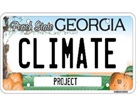
It’s taken almost a year, but we have completed our look at the Georgia Climate Project Roadmap. For those of you who joined us late, this is a list of 40 of the most important research questions (determined by a working group of about 60 Georgia scientists) facing scientists who are looking into how climate…
Posted in: Climate science -
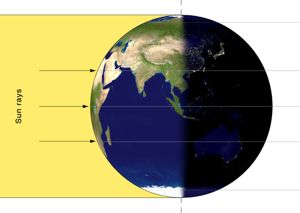
Earlier this week, the astronomical season changed from winter to spring as we passed the vernal equinox. Of course, climatological spring started on March 1. If you are interested in learning more about the equinox, then EarthSky has a great discussion here. Happy spring!
-

This week’s question from the Georgia Climate Project Roadmap has to do with how researchers can communicate what the impacts of climate change on health will cost the state. We know that there will be impacts due to increases in mosquit0-borne disease, heat-related illness, and other health-related impacts, but what is the best way to…
Posted in: Climate science -
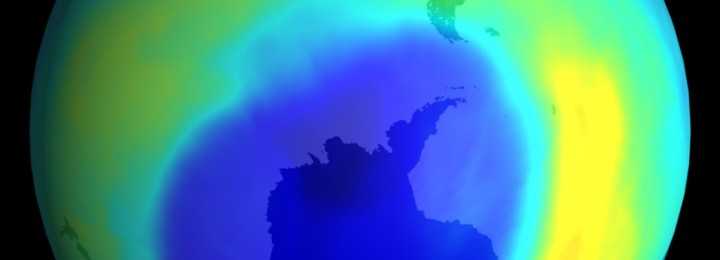
You may remember that the development of the ozone hole in the stratosphere due to the presence of man-refrigerant gases which interfered with the absorption of ultraviolet light was a huge issue a number of years back. Due to the banning of these gases, the ozone hole has finally begun to repair itself. EarthSky posted…
-

My friend and colleague Deke Arndt, a climatologist at the National Centers for Environmental Information, recently published a series of graphs showing how distributions of temperature have changed over time. On these graphs, each line represents a different month. The blue “hump” shows the distribution of daily temperature (either maximum or minimum) for the period…
Posted in: Climate science -
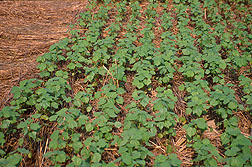
The Southeast Farm Press published an interesting story today based on an interview with BASF director of North American crop protection Luke Bozeman. In the story they discuss how a combination of breeding, new technology, and smart management practices can help farmers adapt to whatever changes are coming to the climate in the future. While…
-
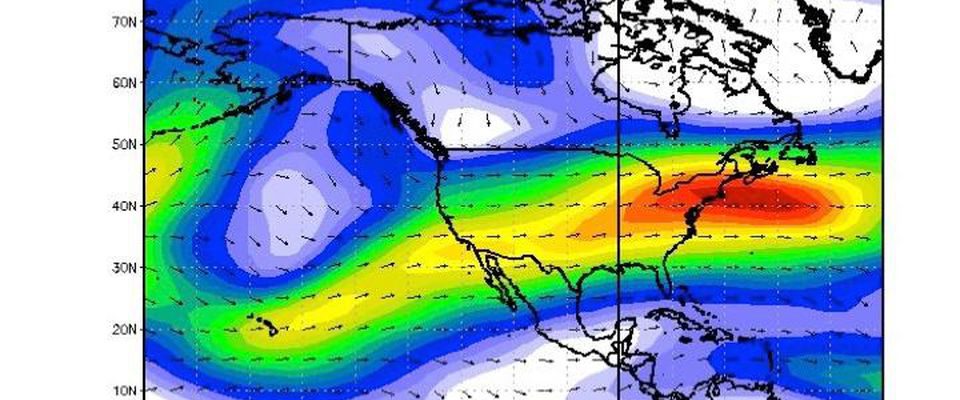
Dr. David Zierden, the Florida State Climatologist, recently tweeted six reasons why we know that the current El Niño, officially declared on February 14, is very healthy now after a slow and uncertain start. His discussion, summarized in Forbes.com by Dr. Marshall Shepherd, lists a number of indicators which show the strength of the current…